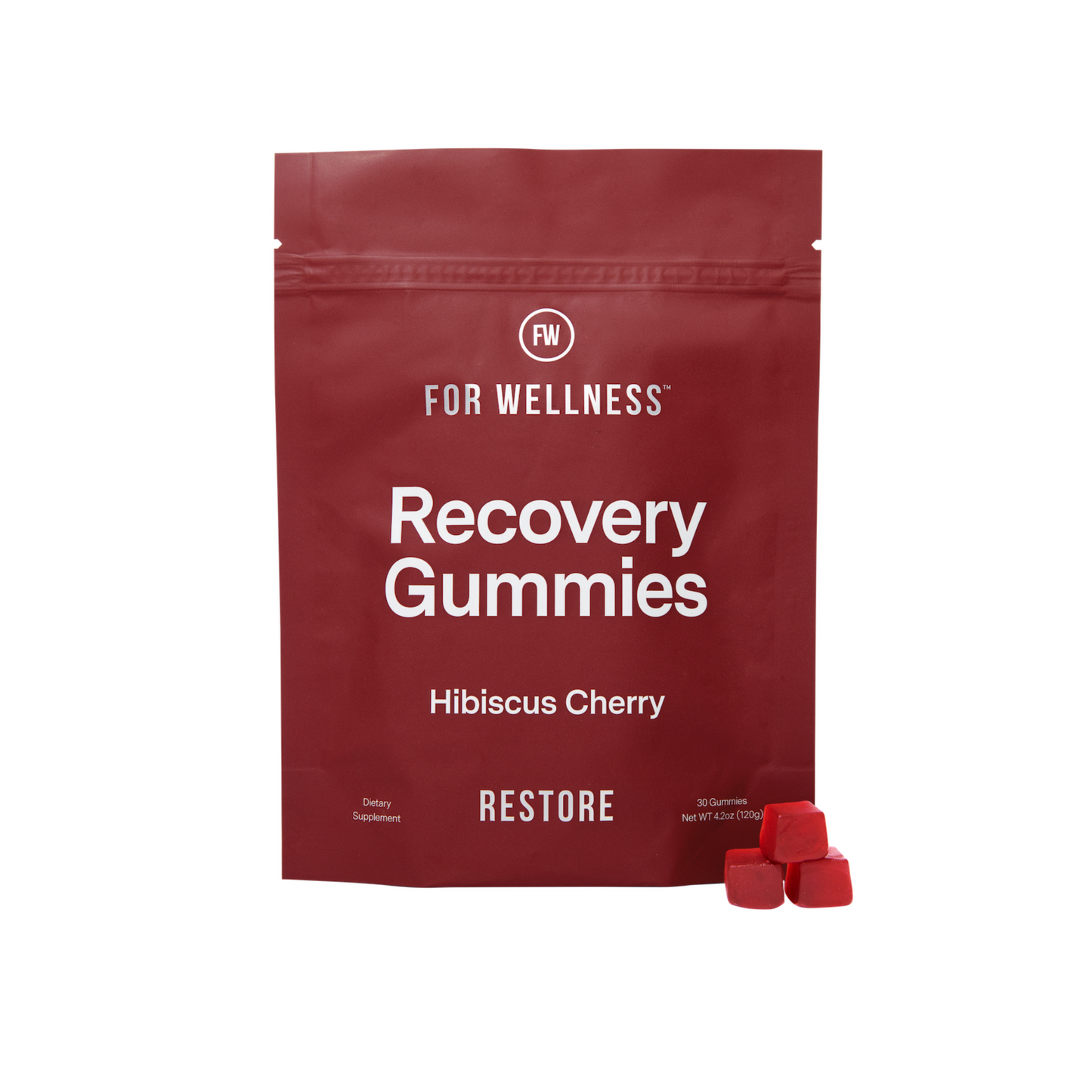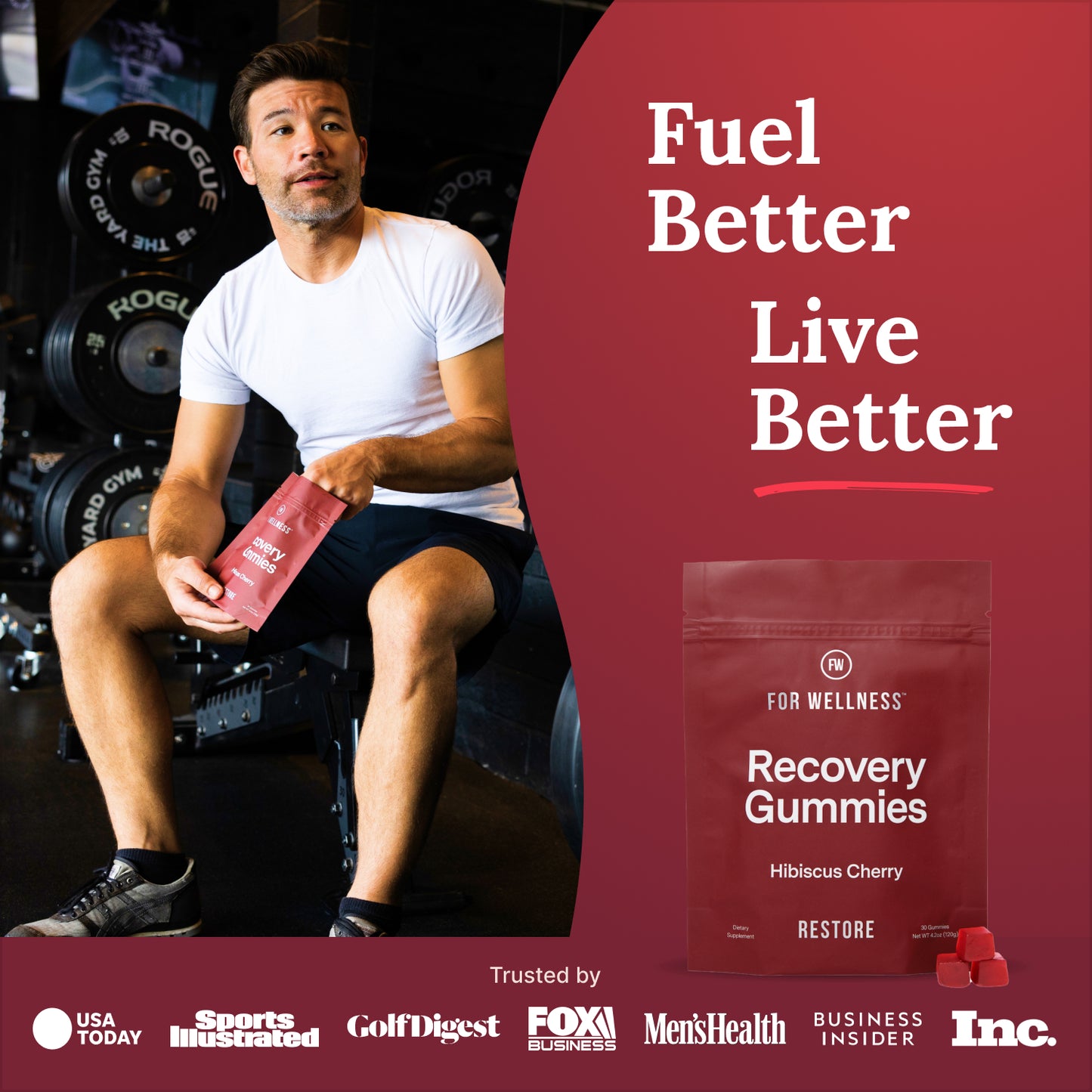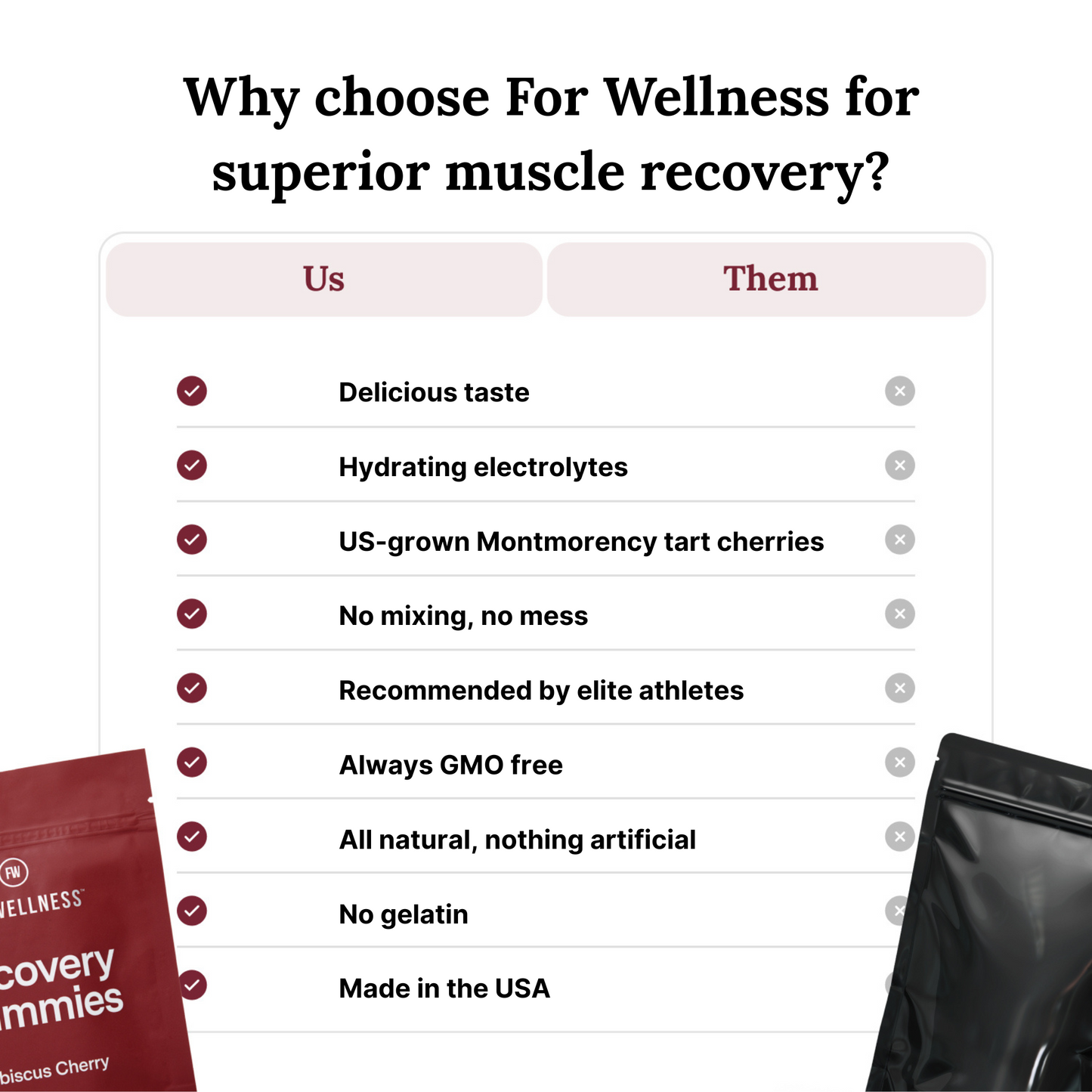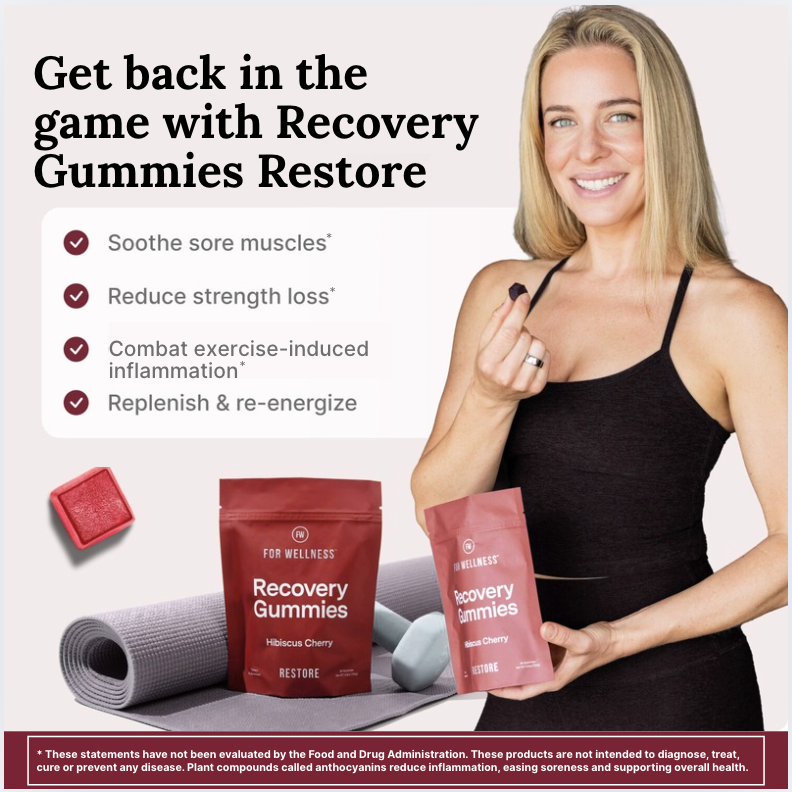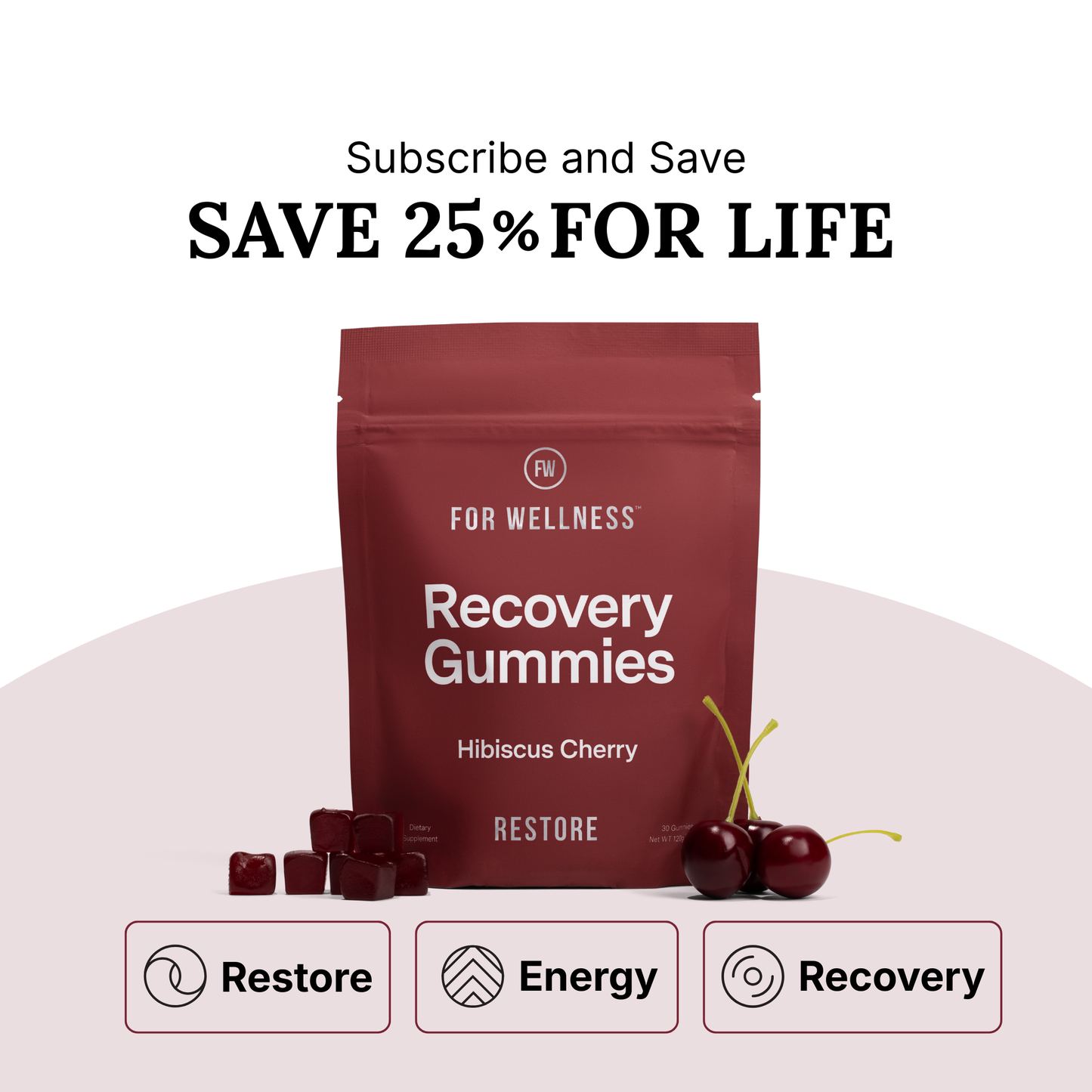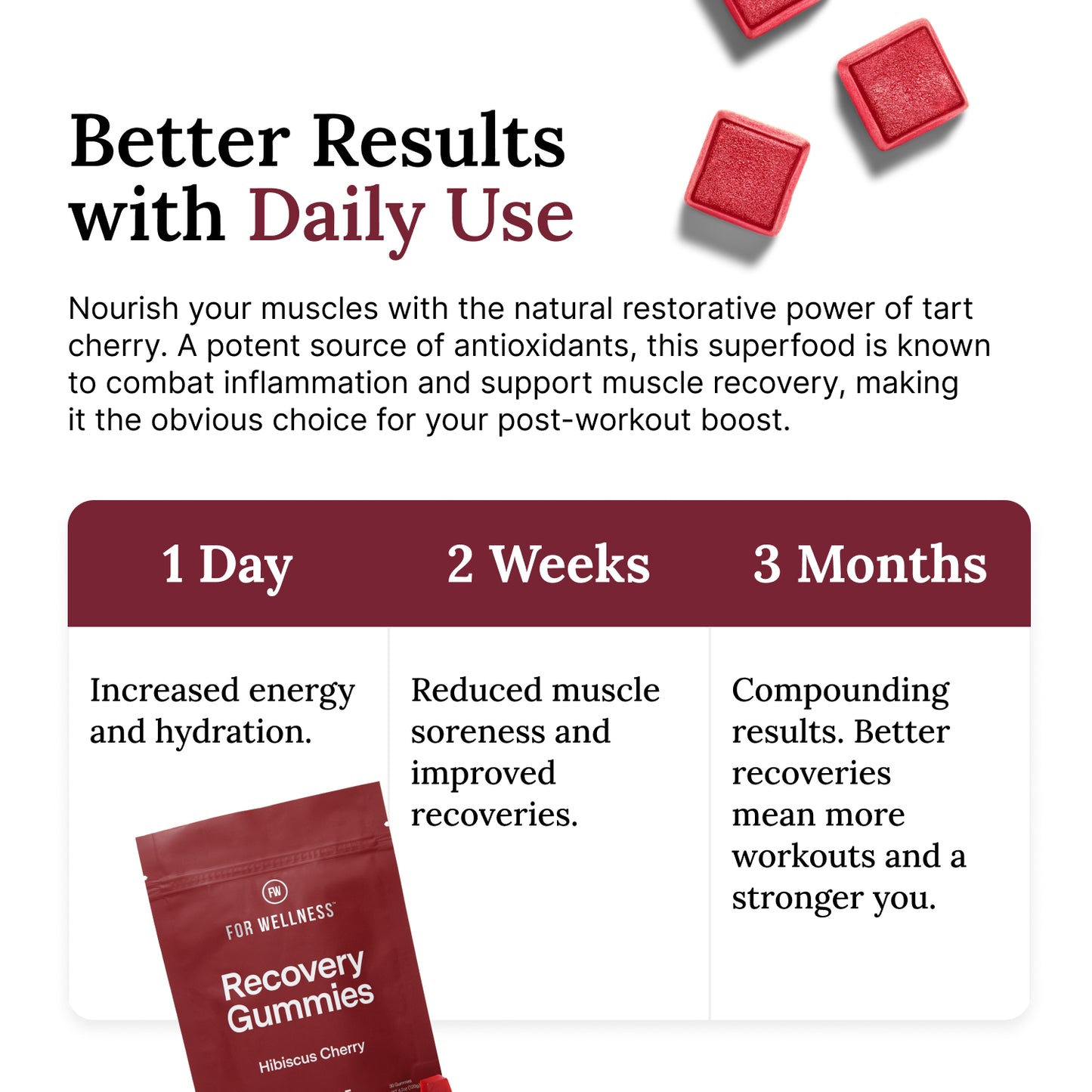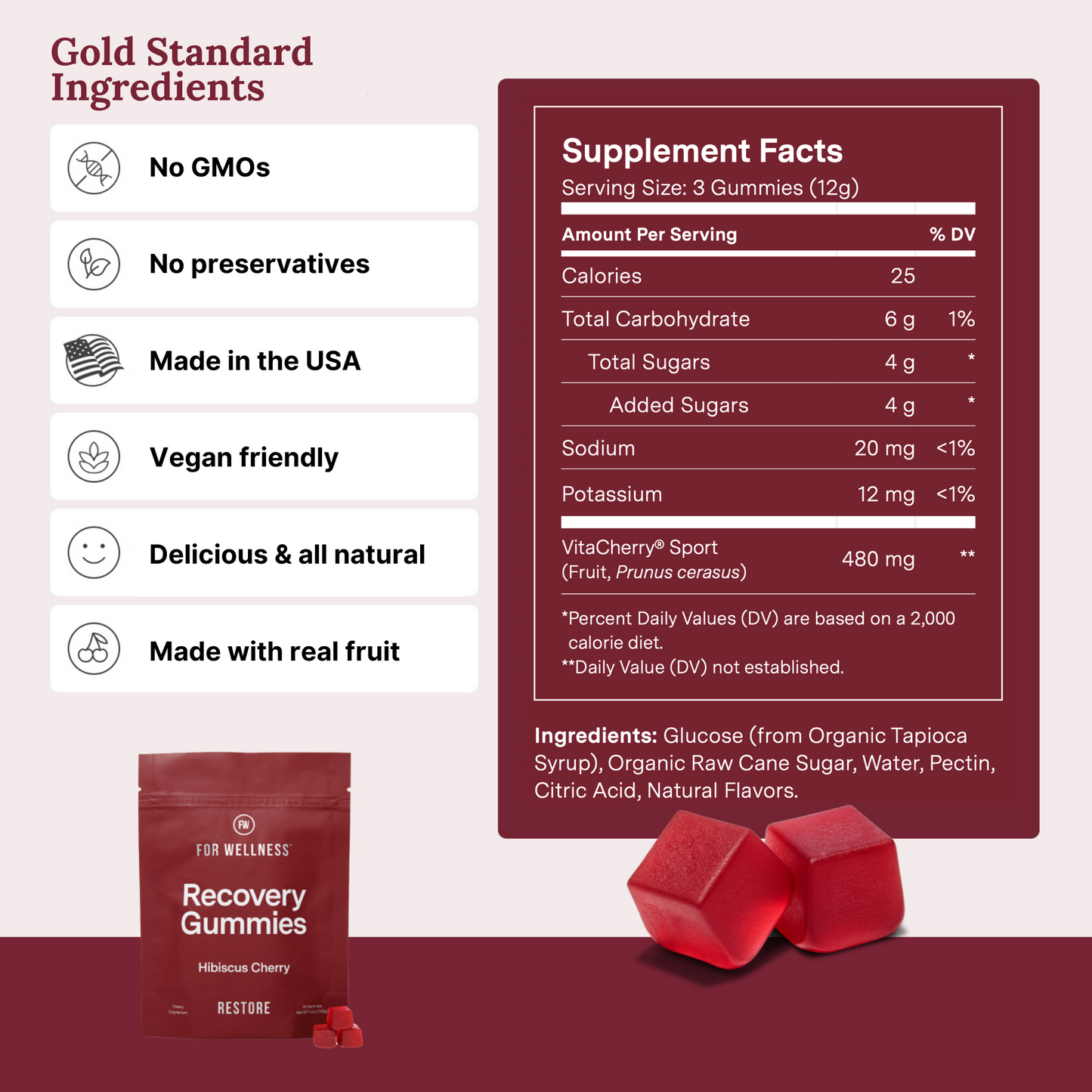Sore muscles, cramps, aches, and pains are some of the worst souvenirs to pick up when traveling. But whether you’re jet-setting or road-tripping, we know a few travel tips for muscle soreness that can make the journey more fun and pain-free.
From understanding why your body aches to quick recovery tips and preventive measures, we’ll help you hit the ground running on your next great adventure (instead of hitting a chiropractic clinic).
What Causes Sore Muscles While Traveling?
The biggest reasons for travel aches include:
- Prolonged inactivity. Keeping your body in the same position for long periods of time makes your muscles tighten, become less flexible, stiffen up, and cramp.
- Lack of blood flow. Sitting for a long trip decreases blood circulation, and poor circulation contributes to stiffness, soreness, leg cramps, and overall discomfort.
- Dehydration. With restrooms less accessible in-flight or on the road, you may not drink water as frequently as usual while traveling. Combine this with dry cabin air in an airplane or car, and you’re at an increased risk of becoming dehydrated, cramping up, and feeling crummy.
- Travel woes. Hauling heavy bags at odd angles, standing in long lines, tight quarters, in-flight air pressure changes, white-knuckled driving — these mental and physical stressors can all contribute to tension and muscle pain.
So, how do you prevent travel-induced muscle soreness? The best travel tips for muscle soreness address those issues and combat inflammation. Let’s talk about why this combination is the secret to travel bliss.


Recovery Gummies - Restore
-
Supports muscle recovery and combats soreness.
-
Full of antioxidants and replenishes electrolytes
-
Boosts energy and focus with all-natural ingredients.
-
Tastes incredible with juicy cherry flavors.
5 Travel Tips for Muscle Soreness Prevention
Traveling can inflict microscopic muscle fiber damage.
Inflammation is your body’s natural response to adapt, strengthen muscles, and repair. The downside of this is that it can exacerbate your soreness.
That’s why picking up a healthy infatuation with anti-inflammation is your key to pain-free travel experiences. This anti-inflammatory game plan may help prevent achy muscles no matter where the map takes you:
1. Stick To a Healthy Eating Plan (that Includes Tart Cherries)
Nutritious, well-balanced meals with lean proteins, nuts, seeds, and more antioxidant-rich fruits and veggies keep inflammation at bay.
Stick to these healthy choices on the road and always pack anti-inflammatory snacks to keep in your car, carry-on, or hotel room. Our favorite choices?
First, of course: our Recovery Gummies™.
Our tart cherry gummies contain a potent tart cherry extract with 15x the anthocyanins of the next leading tart cherry powder. These antioxidants with anti-inflammatory properties may help prevent and reduce muscle damage, inflammation, and soreness.
2. Stay Hydrated
Hydrating properly is a two-fold process. It’s about drinking enough water to prevent dehydration and maintain optimal electrolyte balance.
To stay hydrated while traveling, drink plenty of water before, during, and after. You’ll feel more energized and alert when you’re not dehydrated. You’ll also want to avoid the bar. Excessive alcohol and sugary soft drinks dehydrate you, leading to fatigue, headaches, and muscle aches.
We also recommend getting plenty of electrolytes in your system, as they help your body rehydrate but get flushed out when you sweat.
Balancing electrolytes like magnesium, potassium, and sodium will help banish muscle cramps. We use potassium and sodium in our Recovery GummiesTM to support optimal fluid balance and muscle function in every tasty snack-sized treat.
3. Move As Much & As Often As You Can
The less you sit, the better you’ll feel.
Before hopping in the car or boarding your flight, warm up your muscles and boost blood flow to the areas that will soon become tight to prevent aches. Explore the airport, do a few light stretches, or consider going for a walk before you even start your journey so your body has every opportunity to move blood around.
Try to take quick movement breaks. Stand up in your seat, walk around the cabin, or stop at a scenic spot along your road trip. Moving every hour or two makes a big difference for your muscles and reduces your chances of getting blood clots/deep-vein thrombosis (DVT).
Do some in-seat exercises. Ankle circles, knee lifts, shoulder rolls, etc., keep your muscles engaged and flexible. Switching up your position also helps. Sitting in one position for too long strains your back muscles, legs, hips, quads, and butt.
Better yet, give your neck, calf muscles, and legs a quick massage every so often to prevent and relieve muscle knots and tension.
4. Stretch Your Muscles & Relax Your Mind
A long flight or an even longer drive can make the muscles in your shoulders, neck, back, and legs tense up. So, during rest stops and layovers, stretch out these aching muscles and release building tension.
Adding mindful breath-work to your stretches also helps you better manage stress. After all, elevated stress levels from traveling can activate your inflammatory stress response. This leads to the release of pro-inflammatory chemicals that cause soreness.
To combat both issues in one go, take short stretch breaks. Extend your feet, open and wiggle your toes, roll your shoulders, tighten and relax your lower legs, hamstrings, glutes, etc.
Make sure to ease your grip on the steering wheel and remind yourself to bring your shoulders down away from your ears.
You should also meditate with deep breathing exercises. Queue a few audio meditations, sit comfortably, focus on your breath, and unwind. Studies suggest that meditation also provides mild pain relief.
5. Go for the Ergonomic Gold
There’s a reason ergonomic travel accessories like neck pillows, lumbar supports for your lower back, and seat cushions are so popular.
They ensure proper posture when sitting long distances, prevent back pain and muscle aches, and allow you to rest comfortably.
How To Relieve Achy Muscles & Travel Soreness
Did you follow all these steps and still find yourself with achy muscles?
Keep those tart cherry Recovery Gummies™ handy.
Tart cherries not only combat muscle soreness naturally. Their anti-inflammatory antioxidants help neutralize oxidative stress that forms after prolonged sitting or strenuous travel activities.
Translation? They may fuel your body’s natural healing process and accelerate muscle recovery.
Treat Yourself To…
- A massage. Whether you book one at the hotel spa or give yourself one, massaging the pressure points on your feet, ankles, legs, lower back, and neck will help you relax, boost circulation, and make soreness disappear.
- An Epsom salt bath. Book a hotel room with a tub, pack an Epsom salt bath bomb, and soak away soreness. The magnesium in Epsom salt eases muscles and alleviates travel pain.
- A solid night’s sleep. Quality sleep is vital for your recovery and muscle healing. These tips for better sleep should help.
End the Aches & Pains Of Traveling for Good
Traveling should be a thrilling adventure, not a painful experience.
A little preparation goes a long way to guarantee that your journey is as enjoyable as the destination.
Incorporate these tips (and tart cherries!) into your travel and recovery routines, and you’ll bid farewell to muscle soreness to make the most of your wanderlust.
🍒 Psst! Our Recovery GummiesTM love traveling. Thanks to their high melting point and small resealable pouch, they’re easy to carry and always ready to enjoy wherever you take them — from New York to the Maldives. Can we come with?
Written by Lauren Ciccarelli, a writer and research geek passionate about low-carb nutrition, mental health, and meditation. Her 2,500+ articles empower doers with science-backed tips for leveled-up living.



